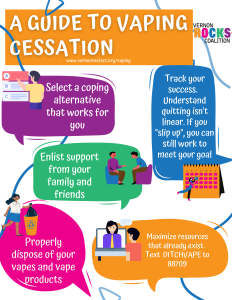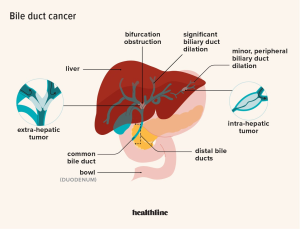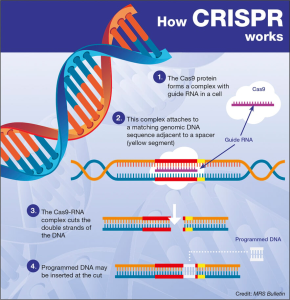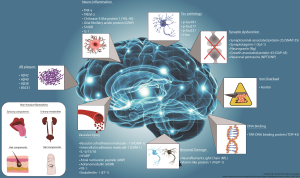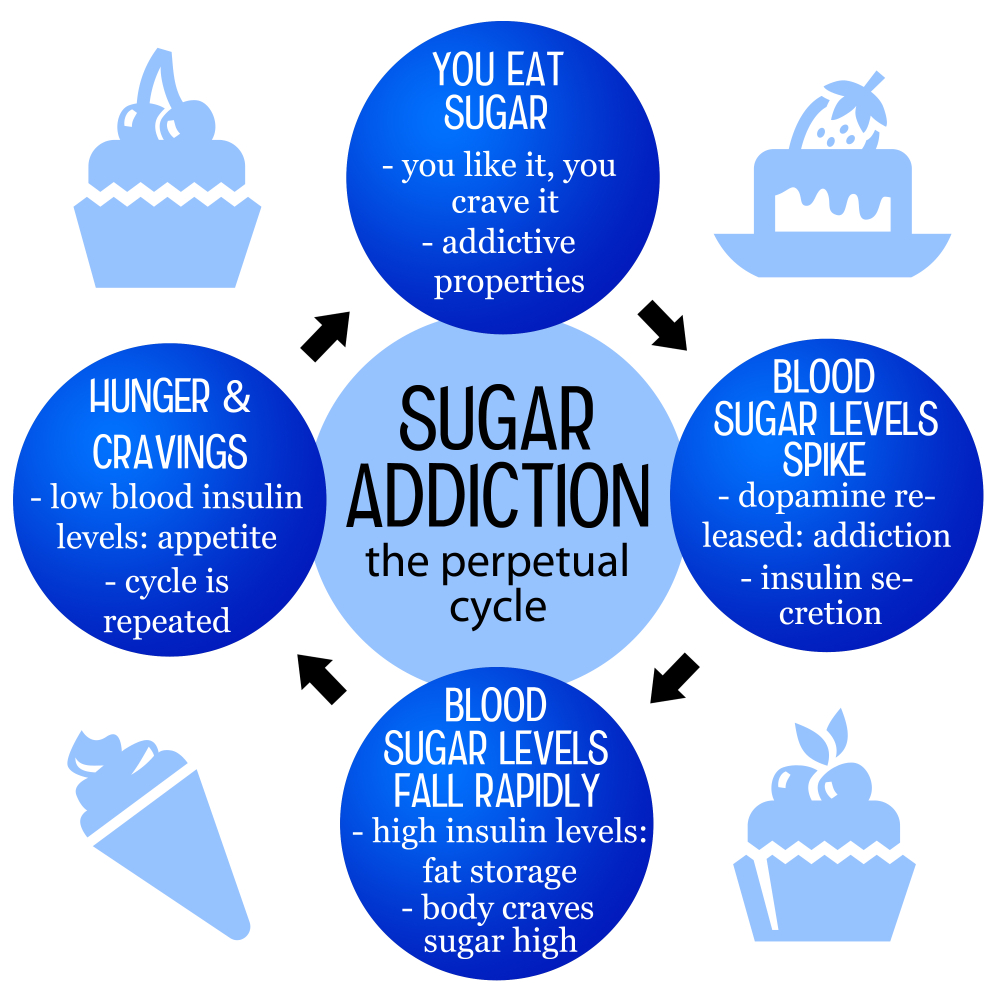
Is sugar addictive? This question has been at the forefront of health discussions, prompting debates among nutritionists and scientists alike. While many experience persistent sugar cravings and may feel compelled to consume sweet foods, it’s crucial to understand the intricacies behind sugar addiction. Despite the physical and psychological effects sugar has on our bodies, it lacks the clinical classification of addictive substances, such as alcohol or nicotine. Research highlights the added sugar health risks associated with excessive consumption, underscoring the need for awareness about its effects on both our cravings and overall health.
Exploring the nature of sugar cravings leads us to examine the phenomenon of sweet food addiction, which has become a significant health concern in today’s society. Often referred to as compulsive eating behavior, many individuals report an overwhelming desire for sugary snacks and drinks, which can result in detrimental health effects. The relationship between sugar and psychology plays a pivotal role in understanding why some find it increasingly difficult to resist these sweet temptations. With processed foods inundating our diets, the risks linked to added sugars have escalated, prompting discussions about moderation and its impact on our mental and physical well-being. By unraveling this complex topic, we can better navigate our dietary choices and health outcomes.
Understanding Sugar Addiction: Is Sugar Addictive?
The question of whether sugar is addictive has sparked significant debate in the health community. While substances like alcohol and nicotine are classified as addictive due to their severe withdrawal symptoms and compulsive behaviors, sugar does not fit neatly into this category according to current clinical definitions. However, the effects of sugar on the brain and body are undeniable. Research indicates that sugar can provoke cravings similar to those observed with addictive substances, leading individuals to seek out sugary foods when they aren’t even hungry. This pattern of behavior points to a complex relationship between sugar consumption and psychological responses.
Furthermore, the environment in which we access food plays a crucial role in shaping our relationship with sugar. Ultra-processed foods that are high in added sugar, unhealthy fats, and sodium are not only extensively marketed, but they are also readily available, making it easier for individuals to indulge frequently. This frequent exposure can create a cycle of sugar cravings and habitual consumption. While eliminating sugar entirely is neither feasible nor desirable due to its natural presence in essential foods such as fruits and dairy, it is important to recognize the line between moderate consumption and harmful addiction-like behaviors.
The Effects of Sugar on Health: Psychological and Physical Implications
The effects of sugar extend beyond just physical health; they also significantly impact mental well-being. Consuming high amounts of added sugar can lead to fluctuations in mood, energy levels, and overall cognitive function. Studies suggest that excessive sugar intake can contribute to anxiety and depressive symptoms, highlighting the psychological implications tied to sugar consumption. Individuals may find themselves reaching for sugary snacks as quick fixes to improve mood, despite the potential long-term negative effects on their emotional health.
Physically, the health risks associated with high sugar consumption are well-documented. These include obesity, type 2 diabetes, and cardiovascular disease, among others. The American Heart Association has set strict guidelines that recommend limiting added sugar intake to maintain health. Many people surpass these recommendations, consuming nearly 20 teaspoons daily on average, which equates to a substantial number of excess calories. Understanding the connection between sugar cravings, health risks, and psychological impacts is vital for making informed dietary choices that balance enjoyment and health.
Mitigating Sugar Cravings: Tips and Strategies
Mitigating sugar cravings is essential for maintaining a healthy diet and preventing excessive consumption of added sugars. One effective strategy involves gradually reducing the intake of sugary foods rather than going cold turkey, which can often lead to withdrawal-like symptoms such as headaches and irritability. Instead, individuals are encouraged to read food labels, making more conscious decisions about the sugar content in their snacks and meals. By opting for whole foods and natural sources of sweetness, such as fruits, one can satisfy cravings without the negative health impacts associated with added sugars.
Additionally, incorporating balanced meals that include protein, healthy fats, and fiber can help stabilize blood sugar levels and reduce the intensity of cravings. When the body receives adequate nutrition, it is less likely to signal for quick sources of sugar. Engaging in regular physical activity can also mitigate sugar cravings by boosting mood and improving overall well-being. Adopting a comprehensive approach to dietary habits can pave the way for healthier relationships with food, ultimately leading to better health outcomes.
The Importance of Moderation: Finding Balance with Sugar Consumption
Moderation is key when it comes to sugar consumption. While sugar can enhance the palatability of food and provide quick energy, excessive intake can lead to serious health complications. It’s essential to strike a balance that allows for enjoyment of some sweetness without risking health. Limiting added sugars in daily meals can make a significant positive impact on one’s overall diet and long-term health. The challenge lies in identifying hidden sugars in processed foods that contribute to excessive daily intake,
Eating a variety of whole foods that naturally contain sugar—such as fruits and dairy products—can contribute to a balanced diet while still satisfying the need for sweetness. By focusing on whole and minimally processed foods, individuals can enjoy the sweetness of natural sugars while avoiding the health risks associated with excess added sugar. Ultimately, embracing moderation in sugar intake can lead to healthier eating patterns and improved psychological well-being.
The Interplay Between Sugar and Mental Health
Sugar doesn’t only affect physical health; it also plays a role in mental well-being. Frequent consumption of high-sugar foods has been linked to mood swings, anxiety, and even depressive symptoms. As the body processes sugar, it can cause rapid spikes and crashes in blood glucose levels, which can trigger feelings of fatigue and irritability. This not only affects emotional stability but can also lead to a cycle of reaching for more sugary foods as a quick fix, further perpetuating the problem of sugar dependency.
Research indicates that a diet high in added sugars may negatively impact memory and cognitive functions, making it crucial to closely monitor sugar intake as part of a holistic approach to mental health. By replacing sugary snacks with more nutrient-dense options, individuals can enhance cognitive performance and emotional regulation, making informed choices that prioritize both mental clarity and emotional stability.
Sugar and Psychology: Understanding Our Cravings
The psychological draw of sugar is profound, acting as a comfort for many individuals. Sugar consumption triggers the release of feel-good chemicals in the brain, such as dopamine, which reinforces the desire for more sweet foods. This powerful connection is rooted in our evolutionary past, where sweetened sources of energy were scarce and highly valued. Understanding this psychological basis for cravings can help individuals recognize the triggers that lead to dessert-driven decisions and ultimately help them manage their eating behaviors more effectively.
Awareness and education can empower individuals to navigate their cravings in healthier ways. Recognizing emotional triggers, such as stress or boredom, can help mitigate impulsive eating behaviors tied to sweets. By addressing the underlying psychological factors associated with sugar intake, individuals can develop healthier coping mechanisms that do not rely on sugary foods. This knowledge can enhance overall well-being and encourage more mindful eating practices.
Strategies to Reduce Added Sugar Health Risks
Reducing added sugar intake is critical to minimizing associated health risks, including obesity, type 2 diabetes, and heart disease. Start by understanding the sources of added sugars in your diet. Sugary beverages, snacks, and desserts can account for a significant portion of daily sugar intake, often without individuals realizing it. Taking the time to read food labels can unveil surprising amounts of hidden sugars in everyday foods, allowing for better decision-making.
Creative meal planning can also help reduce reliance on sugar. Incorporating naturally sweet foods like fruits into snacks and dessert options can provide satisfaction without the adverse health effects of refined sugars. Additionally, opting for homemade meals where sweetness can be controlled promotes not only better health outcomes but also culinary creativity. By prioritizing whole foods and reducing added sugars, individuals can significantly improve their overall health and reduce the risks associated with high sugar intake.
The Role of Education in Managing Sugar Intake
Education plays a vital role in empowering individuals to manage their sugar intake effectively. Knowledge about the nutrition labels, understanding what constitutes excessive sugar consumption, and exploring the health risks associated with high sugar diets can foster healthier choices. Nutrition education initiatives can provide essential resources to help individuals understand how to read labels, identify sources of added sugars, and make informed dietary adjustments.
Furthermore, community programs that promote healthy eating habits can significantly reduce the prevalence of sugar-related health issues. By creating an environment that encourages balanced meal options and sugar reduction strategies, communities can foster a culture of health awareness. This proactive approach can not only benefit individual health but can also impact long-term public health positively, creating a healthier population overall.
The Impact of Sugar on Physical Health: What You Need to Know
The impact of sugar on physical health is profound and multifaceted. Excessive sugar consumption contributes to obesity, metabolic syndrome, and increased risk for cardiovascular diseases. These conditions are linked to the growing prevalence of sugary foods and beverages that dominate the modern diet, often leading to an imbalance in nutritional intake and energy levels. Recognizing this impact is essential for individuals seeking to improve their health and prevent diet-related diseases.
Moreover, added sugars can influence how the body absorbs essential nutrients. High sugar intake can lead to an inflammatory response, which can further exacerbate various health issues, including hormone imbalances and digestive problems. Understanding the connection between sugar and physical health encourages individuals to take charge of their eating habits, promoting a more balanced diet that emphasizes whole foods over processed options. This knowledge equips people to make choices that benefit their long-term health.
Frequently Asked Questions
Is sugar addictive like alcohol or nicotine?
While sugar can lead to cravings and compulsive eating behaviors, it is not clinically classified as an addictive substance like alcohol or nicotine. Experts acknowledge that sugar has some addictive qualities, leading to habitual consumption of sugary foods, but the withdrawal symptoms associated with sugar are usually less severe than those prompted by true addictive substances.
What are the psychological effects of sugar addiction?
The psychological effects of sugar cravings can lead to increased anxiety, mood swings, and emotional eating. Overconsumption of sugar can create a cycle of cravings, where individuals feel compelled to consume more sugary foods, potentially leading to negative emotional states when they attempt to cut back.
What are the health risks of added sugar related to sugar addiction?
High intake of added sugar is linked to numerous health risks, including obesity, diabetes, and heart disease. These risks are compounded by the addictive nature of sugar, as habitual consumption can result in an increased appetite for unhealthy foods and difficulties in regulating diet.
How do sugar cravings compare to other addictions?
Sugar cravings can resemble those of addictive substances, as they can induce feelings of pleasure and a desire for more. However, unlike addictions to drugs or alcohol, sugar is a necessary nutrient in moderate amounts, complicating the comparison. The severity and consequences of sugar withdrawal are typically less impactful than those of traditional addictive substances.
Can reducing sugar in your diet help with sugar addiction?
Gradually reducing sugar intake can help diminish cravings and improve overall health. Many nutrition experts recommend a phased approach to decrease sugar consumption, as going cold turkey may lead to withdrawal-like symptoms. This helps in cultivating healthier eating habits without triggering intense cravings.
What role does added sugar play in modern diets and its effects on addiction?
Added sugar is prevalent in many ultra-processed foods, which can enhance flavor but also promote addictive eating behaviors. The high accessibility and palatability of these foods can lead to increased sugar consumption, reinforcing cravings and potentially resulting in habitual reliance on sugary items.
How can I manage sugar cravings effectively?
Managing sugar cravings involves mindful eating practices, such as reading food labels, gradually reducing added sugar, and replacing sugary snacks with healthier options like fruits. Staying hydrated and ensuring a balanced diet can also help mitigate cravings for sugar.
Is there a healthy amount of sugar to consume without triggering addiction?
Moderate sugar intake, where individuals consume no more than the recommended 6 to 9 teaspoons of added sugar per day, is generally not associated with major health risks or psychological effects. It’s crucial to be aware of hidden sugars in processed foods to maintain a healthy balance.
| Key Point | Details |
|---|---|
| Sugar and Addiction | Sugar has not been classified as an addictive substance like alcohol or nicotine, despite increasing cravings and compulsive behaviors. |
| Physical Effects | Withdrawal-like symptoms like headaches and anxiety can occur when stopping sugar, but they are less severe compared to true addictions. |
| Dietary Considerations | Sugar is part of many necessary foods such as fruits and dairy, distinguishing it from other addictive substances. |
| Current Consumption | Average daily sugar intake in the U.S. is about 20 teaspoons, which is above the American Heart Association’s recommendations. |
| Recommendation | Gradually reduce added sugar consumption instead of trying to eliminate it completely to avoid negative effects. |
Summary
Is sugar addictive? The topic of sugar addiction is heavily debated within the nutrition community. While sugar can indeed trigger cravings and compulsive eating behaviors, it is not classified as an addictive substance like alcohol or nicotine. It plays a role in many natural foods and can enhance the flavor and enjoyment of meals in moderation. Understanding the impact of sugar on health is crucial, particularly with the rising trend of sugar consumption in processed foods. Practicing mindful eating, checking food labels, and being aware of sugar intake can help individuals maintain a healthier diet without completely eliminating sugar.
